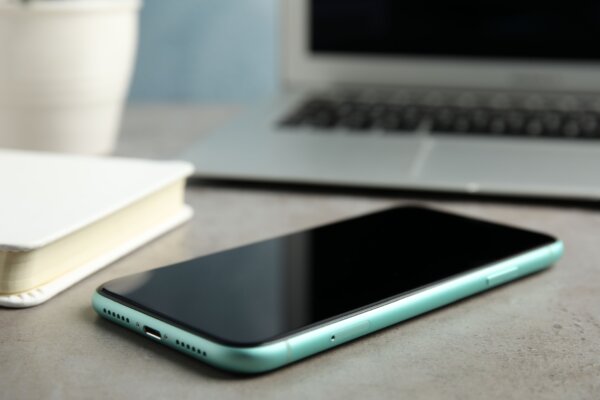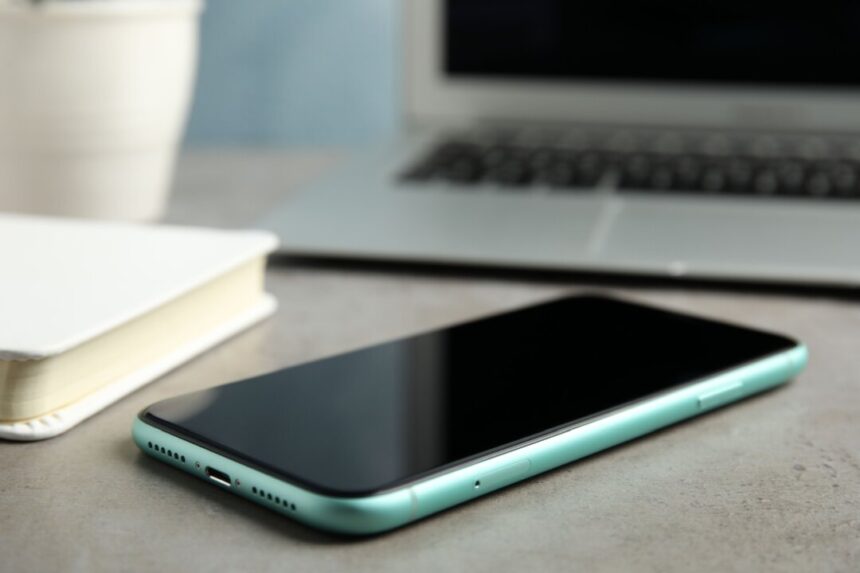
Some health organizations claim that radiofrequency radiation is safe, but a recent study suggests that prolonged exposure could harm human cells.
Cell phones have only been around for a few decades, yet they have become essential tools for various tasks. However, concerns have been raised about the impact of the radiofrequency radiation (RFR) emitted by these devices.
While health organizations argue that this type of radiation is harmless, a new study, described as the first controlled human intervention trial examining the cytotoxic effects of cell phone radiation, indicates that prolonged exposure may indeed damage human cells.
The Cancer Controversy
To function, cell phones emit radiofrequency radiation (RFR), which is the same type of radiation used in radar systems and microwave ovens, albeit at a lower intensity.
Nevertheless, several studies suggest a potential link between mobile phone-specific electromagnetic fields and cancer. In 2011, the World Health Organization’s International Agency for Research on Cancer classified cell phone radiation as a possible human carcinogen.
The New Evidence
A study published in Environmental Research in 2024 revealed evidence of cell toxicity linked to cell phone radiation, raising concerns about its long-term health implications.
During the study, participants wore headsets emitting a third-generation mobile cellular signal for two hours daily over five consecutive days. Researchers found a significant increase in binucleated cells and cell death in the areas exposed to the radiation.
This study is significant as it is the first controlled human intervention trial examining the cytotoxic effects of cell phone radiation.
Researchers suggest that exposure to RFR may be linked to specific brain tumors and that molecular mechanisms other than chromosomal damage could be causing cell damage, potentially leading to cancer development.
The U.S. Food and Drug Administration and the International Agency for Research on Cancer did not provide comments when contacted.
Experts Divided
Since the IARC’s classification of cell phone radiation as a potential carcinogen over a decade ago, there have been calls for further examination based on new research findings.
The FDA pointed out that animal study findings may not directly translate to humans due to differences in exposure levels and patterns.
Push for Further Research
Researchers from various countries are collaborating on investigations to verify previous study results and shed more light on the impact of radiofrequency radiation on human health.
It remains essential to continue researching and understanding the potential health implications of prolonged exposure to cell phone radiation.





